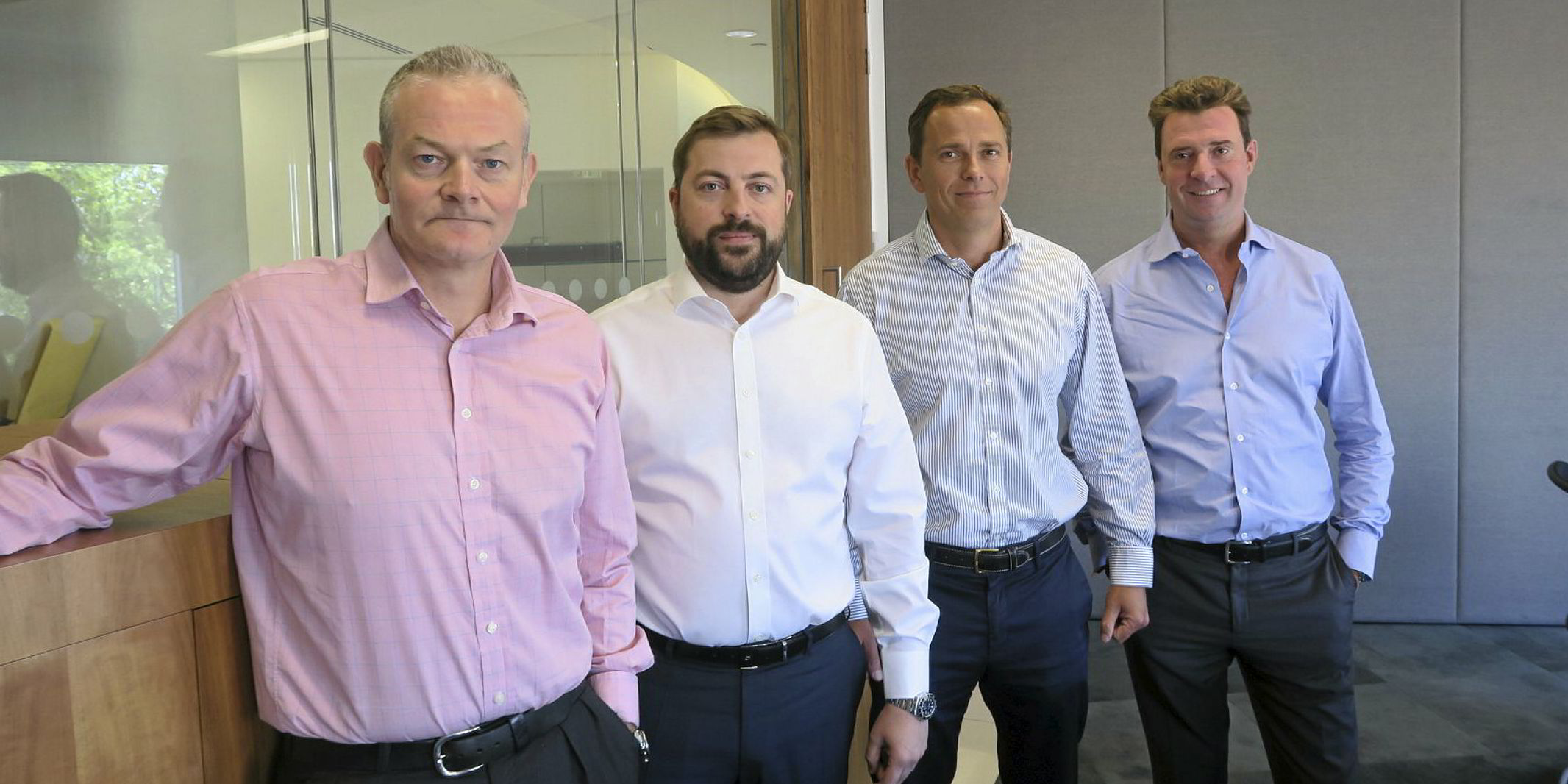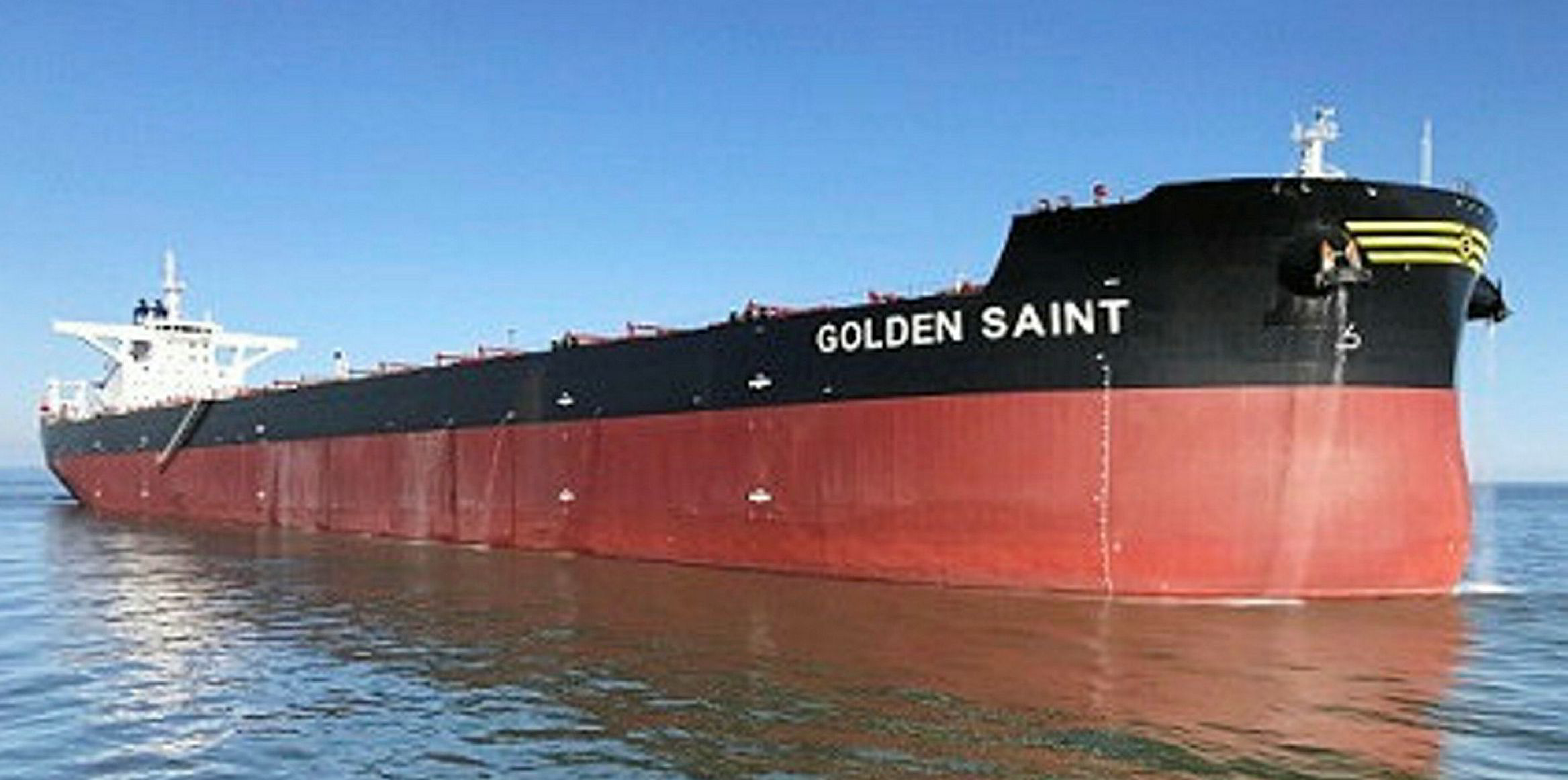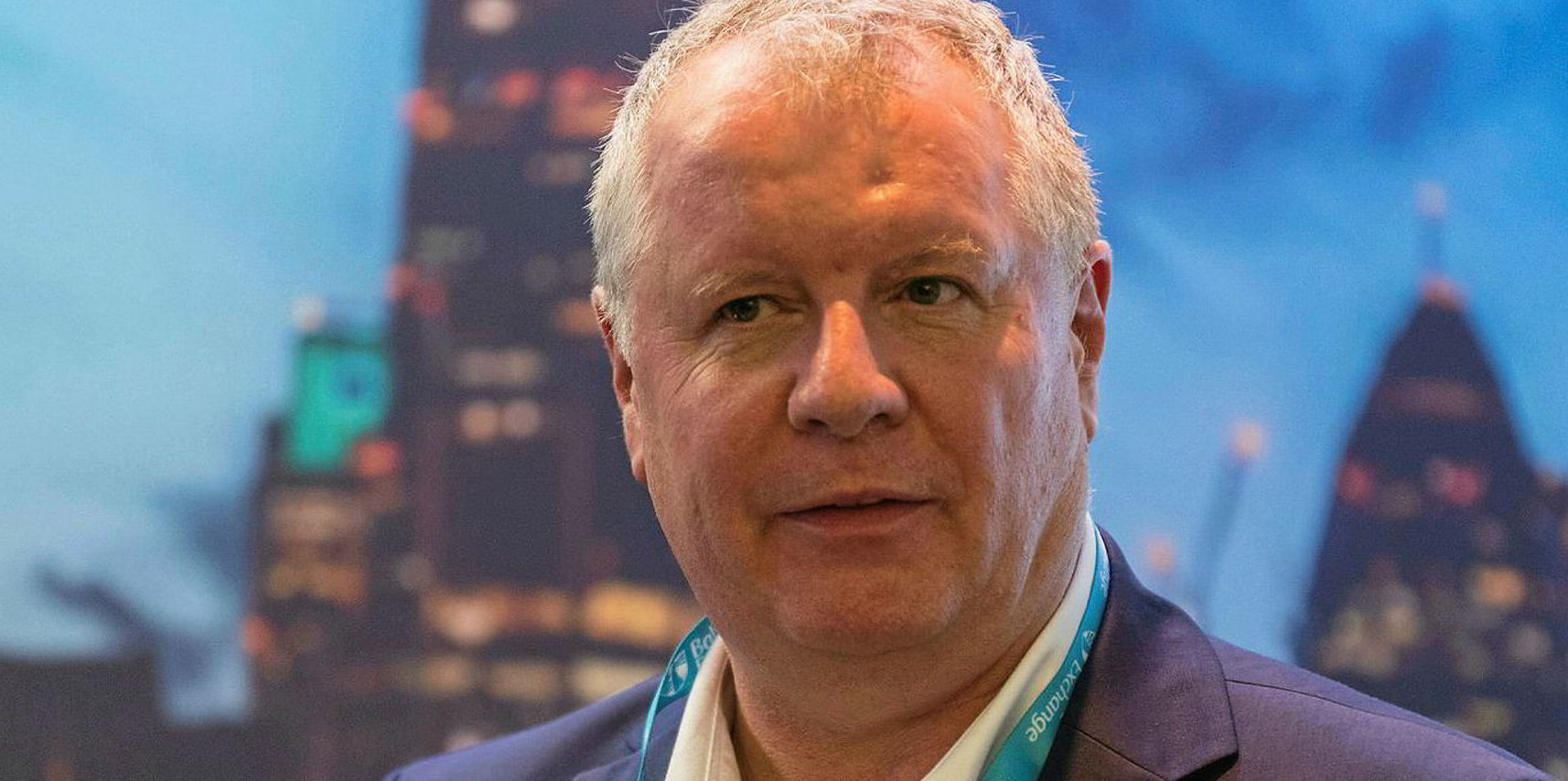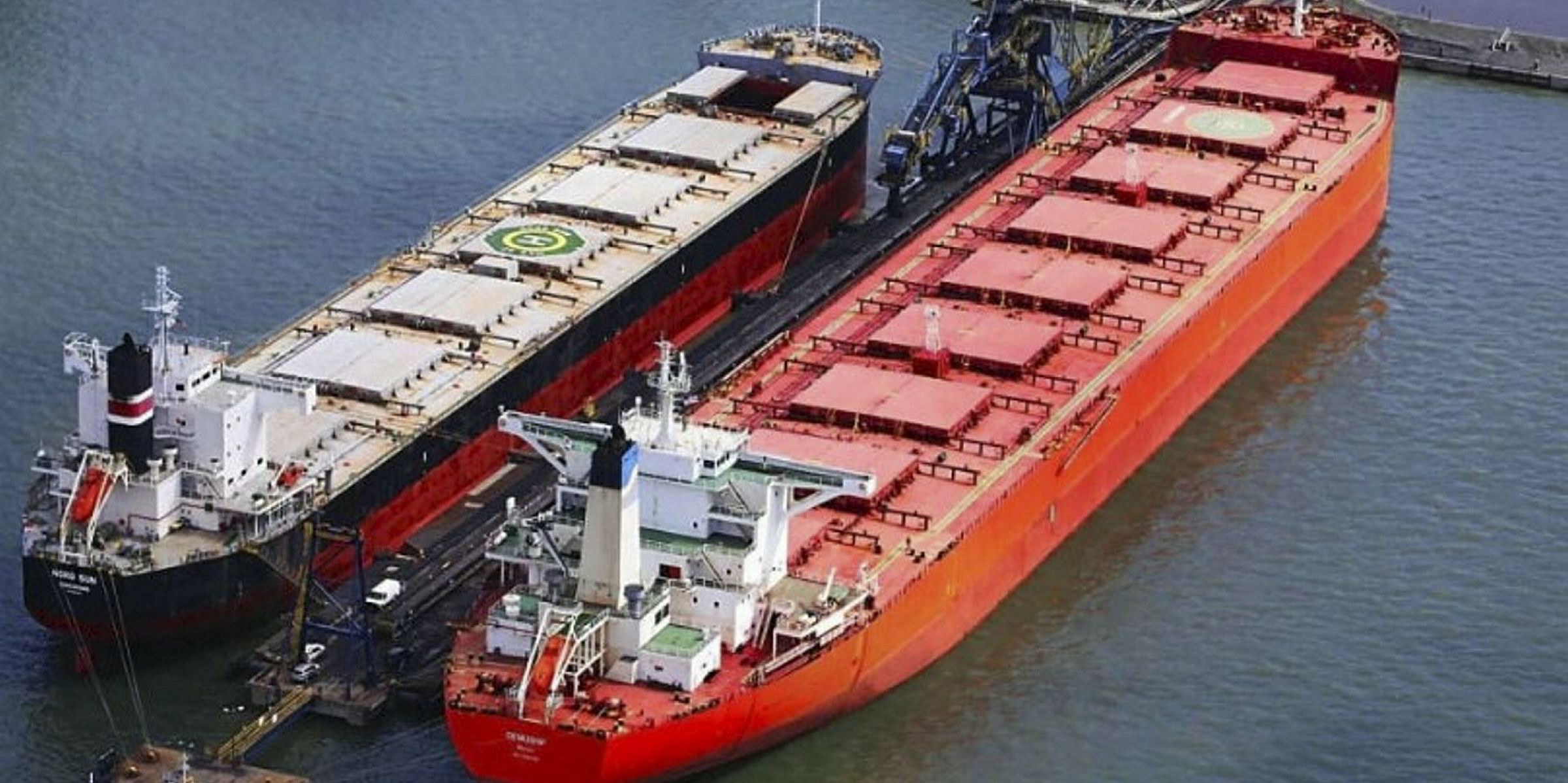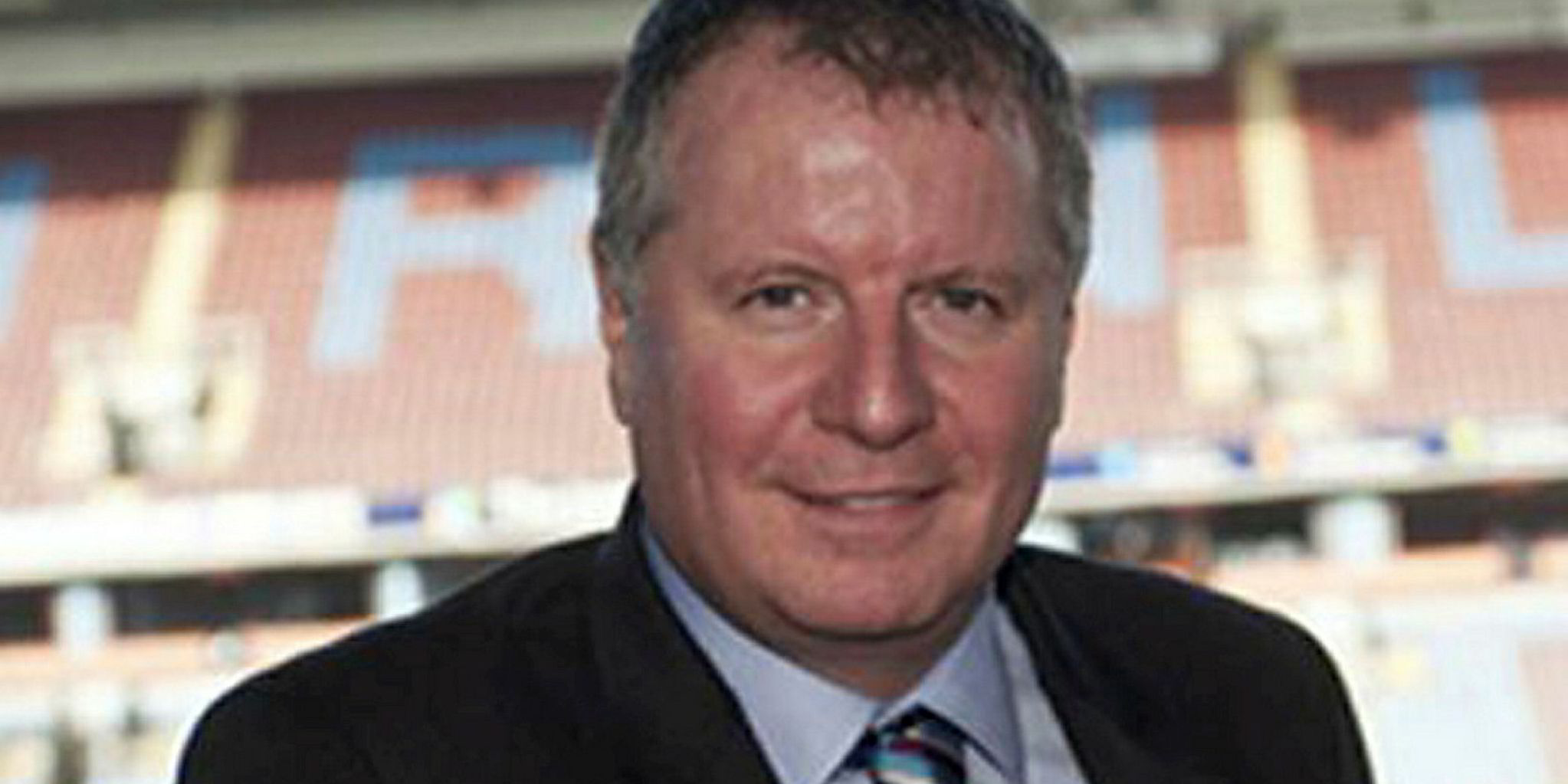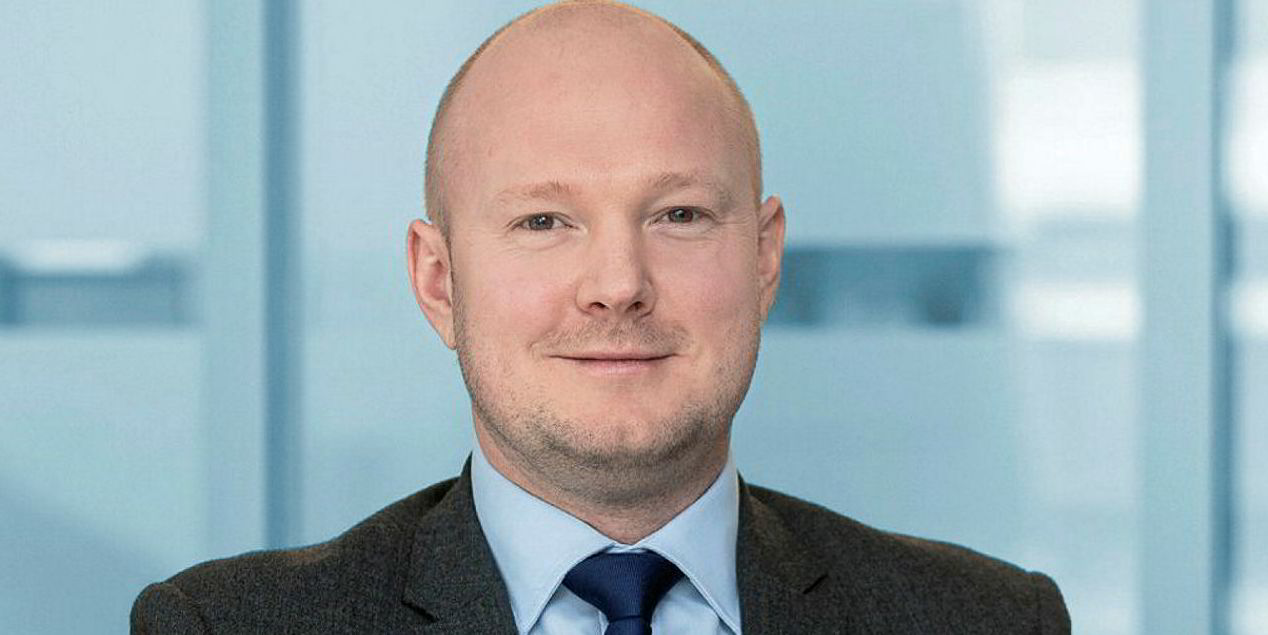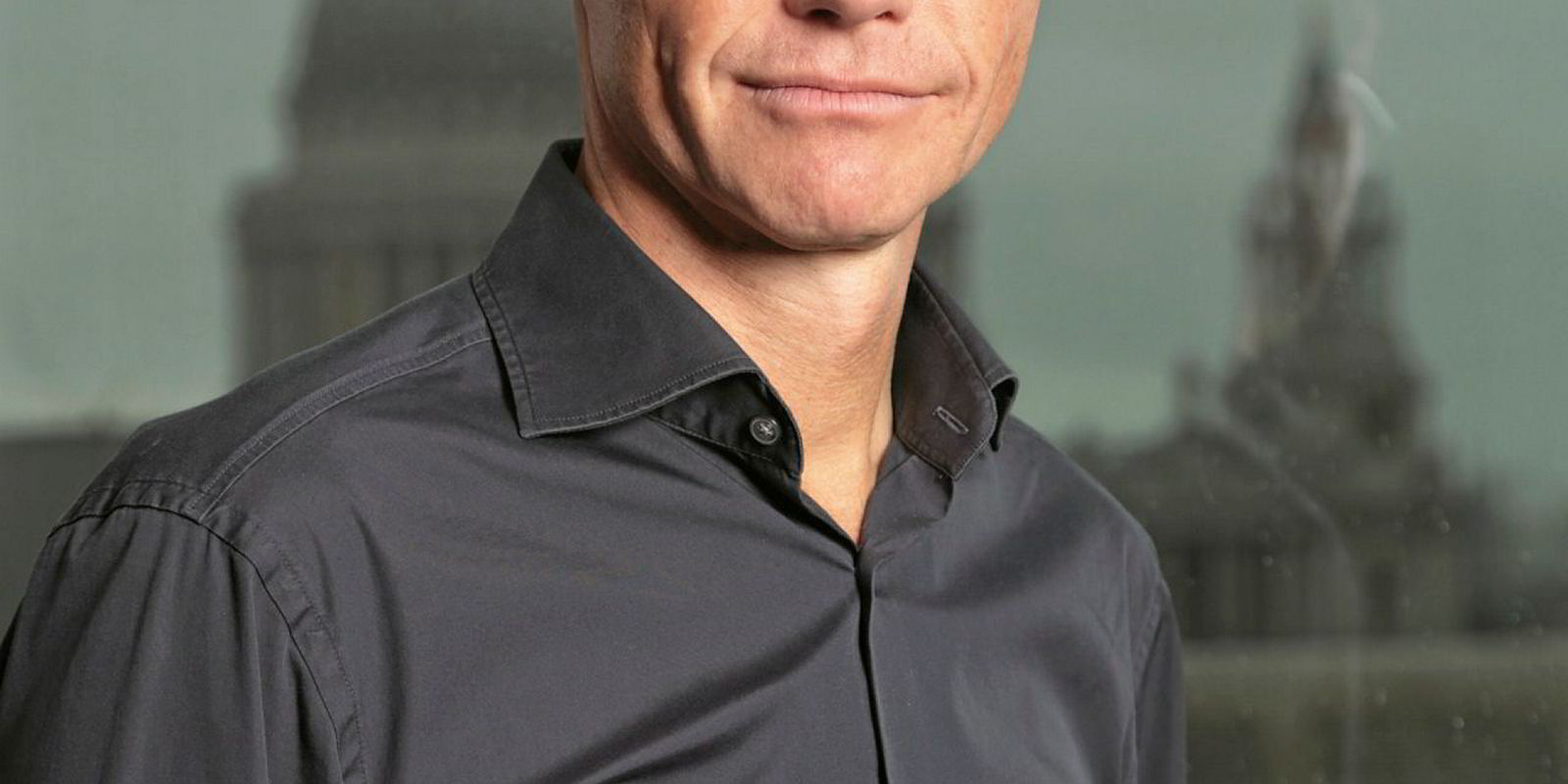Braemar Shipping Services is launching a new screen for the dry freight derivatives industry.
It is doing so with an eye to the lessons learned from its rivals earlier flawed attempts to establish a derivatives platform.
The new screen, Braemarscreen.com, seeks to streamline the pre-execution process of trading forward freight agreements (FFAs.)
The shipbroker believes that greater price transparency will help drum up new business to the FFA market.
And it is confident of avoiding the pitfalls that led to litany of failed trading screens.
Lessons learned
Hard lessons have been learned to produce a screen that will enable broker to spend more time closing deals.
Crucially, the broker has no plan to use the screen for electronically trading derivatives which could take work away from brokers.
"Our screen is a departure from those previously attempted models," said Sander Bots, managing director of the dry FFA derivatives desk at Braemar Atlantic Securities (BAS).
"We do not think trading in our market is suited to a pure electronic platform, brokers are and will remain key to providing liquidity in FFAs."
"By cherry-picking and implementing only the best parts of a trading screen however, we hope to lay the necessary foundation to support more sophisticated traders and workflows."
Zuma stake
The screen will be operated by Zuma Labs, a software development and technology trading company.
Braemar is taking a 20% stake in the joint venture, which is headed by former panamax trader and shipping technologist Chase Bennett.
Zuma is majority owned by Fractal Technologies and lists Bots and fellow Braemar ACM broker Tris Simmonds on its board.
Bots said that the formation of Zuma would be the first of a number of new technical solutions for shipping.
Timing
Braemar is launching the derivatives screen just two years after it moved into the dry derivatives sector.
The company moved into dry FFAs in 2018 after Braemar's acquisition of Atlantic Brokers and the recruitment of a dry cargo FFA team.
Bots felt that the shipbroker needed "a USP" as there were already several brokers in the market.
"For me, the idea was that we can do that by employing more technology."
"It's clear that as a market we need to think about technology and innovation. If we don’t' it's very easy for a third party to come in and take our market away," he said.
"So it's important for a broker already in this space to lead the way in innovation."
Cherry-picking
Braemar has studied earlier flawed attempt to establish dry bulk derivatives screens to identify what worked.
The conclusion was to establish "a hybrid system" that continues to employ brokers.
"In dry FFA, brokers do a very important job which you simply cannot just replicate with the screen," said Bots.
"It's important to look as screens and cherry-pick all the best elements," said Bots.
Bots believes the new screen will provide more efficient means of communicating price information to traders.
It will integrate the WhatsApp messaging into the system in recognition of the app's importance to the industry.
Other screens being tested in the market require separate messaging apps or provide only a snapshot of the market.
Bots believes the brokers have little incentive to update prices. But the Braemar screen will resolve that and will aggregate all prices in the market
"If I build a screen that is purely Braemar prices, the chances are that people won't look at it for long as they need to look at all the prices coming in."
He argues that the screen increase liquidity in the market from players that has so far stayed on the sidelines.
"It's partly our job as dry FFA broker to try to increase market base in liquidity, and this is a very good way of doing that."
The screen will do that by provide data and increase transparency, he believes.
Trading screen
Braemar's approach suggests the FFA market is still not seeking an electronic trading screen.
"Trading is the last action in a chain of pre-trade requirements," Chase said.
"You have to address those, if the market has any hope of going to electronic trading."
"It's got zero chance if you don’t address the first steps."
That situation could change if traders and clients demanded change and demanded actionable trading. But Bots sees that as unlikely.
"Ultimately our market need brokers, without brokers there wouldn't be an FFA market," he said.
"This is where the other screens have gone wrong. They tried to replace the brokers job."
